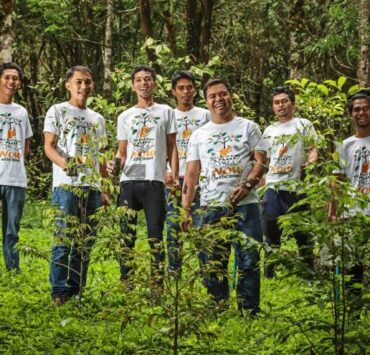PH biz top brass tackle education challenges in concert
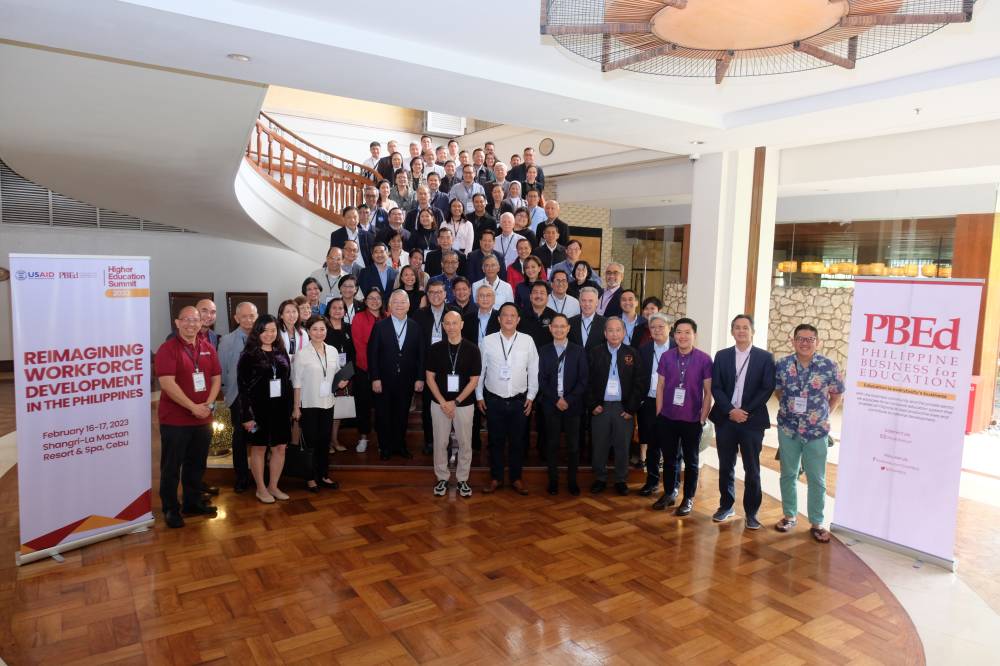
In 2006, some of the Philippines’ top business leaders banded together and founded a nonprofit organization to help improve the quality of education in the country.
Since then, the Philippine Business for Education (PBEd) has been advocating for “greater education and economic alignment.”
Today, PBEd is chaired by Ramon del Rosario Jr., chief executive officer (CEO) of Phinma Corp., a conglomerate that has businesses in education, construction materials, property development and hospitality.
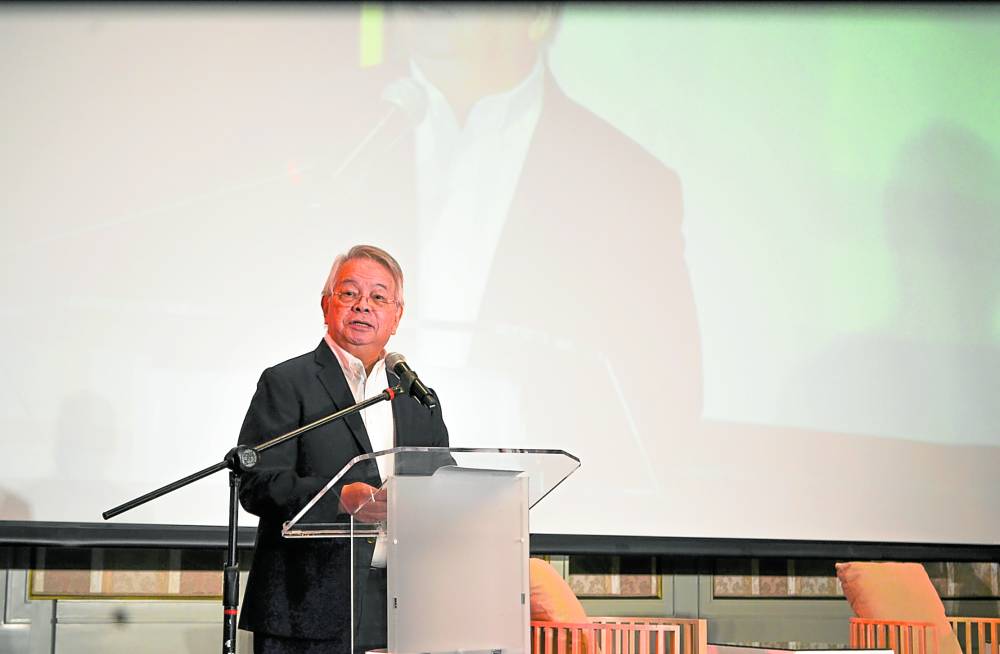
Phinma president and chief operating officer Chito Salazar serves as PBEd president. Serving in the vice chair posts are Far Eastern University chair Aurelio Montinola III and Lito Tayag, former country managing director of global professional services firm Accenture.
Edgar Chua, president and CEO of Cavitex Holdings Inc., is currently the organization’s treasurer.
Among those occupying 19 board seats are PLDT president Manuel Pangilinan, Philippine Chamber of Commerce and Industry chair George Barcelon, Ayala affiliate AC Education president Alfredo Ayala, Chevrolet Philippines chair Jose Cuisia Jr., IBM Philippines president Aileen Judan-Jiao, PricewaterhouseCoopers chair emeritus Alexander Cabrera, Rizal Commercial Banking Corp. chair Helen Yuchengco-Dee, and Philippine Business Coalition for Women Empowerment executive director Julia Abad.
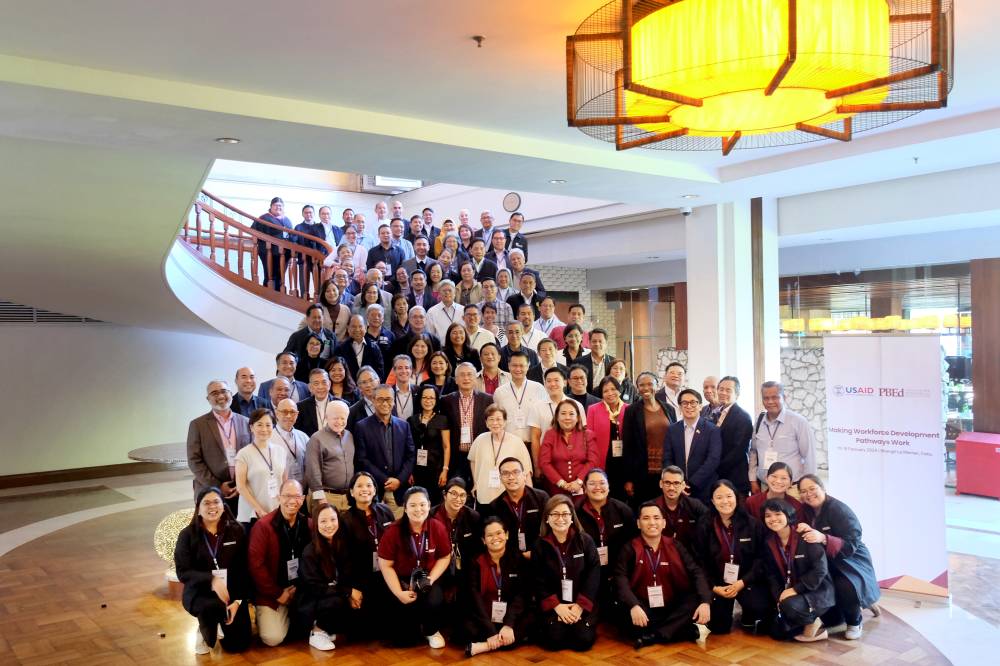
Over the years, PBEd has been offering insights to the government, conducting their own studies and crafting policy recommendations to address one of the country’s long-standing problems – the education crisis.
The reading crisis
Recently, PBEd held a forum to promote reading among Filipinos, a joint effort with the Department of Education and World Vision Philippines, a global humanitarian group focused on improving the lives of children, their families and communities.
“It is critical that we prioritize literacy, as it is the gateway for learning and success,” Del Rosario says.
“If we do not address this fundamental issue, we risk having future generations of Filipinos facing illiteracy and incompetence, which would have far-reaching and detrimental effects to our nation’s progress,” he adds.
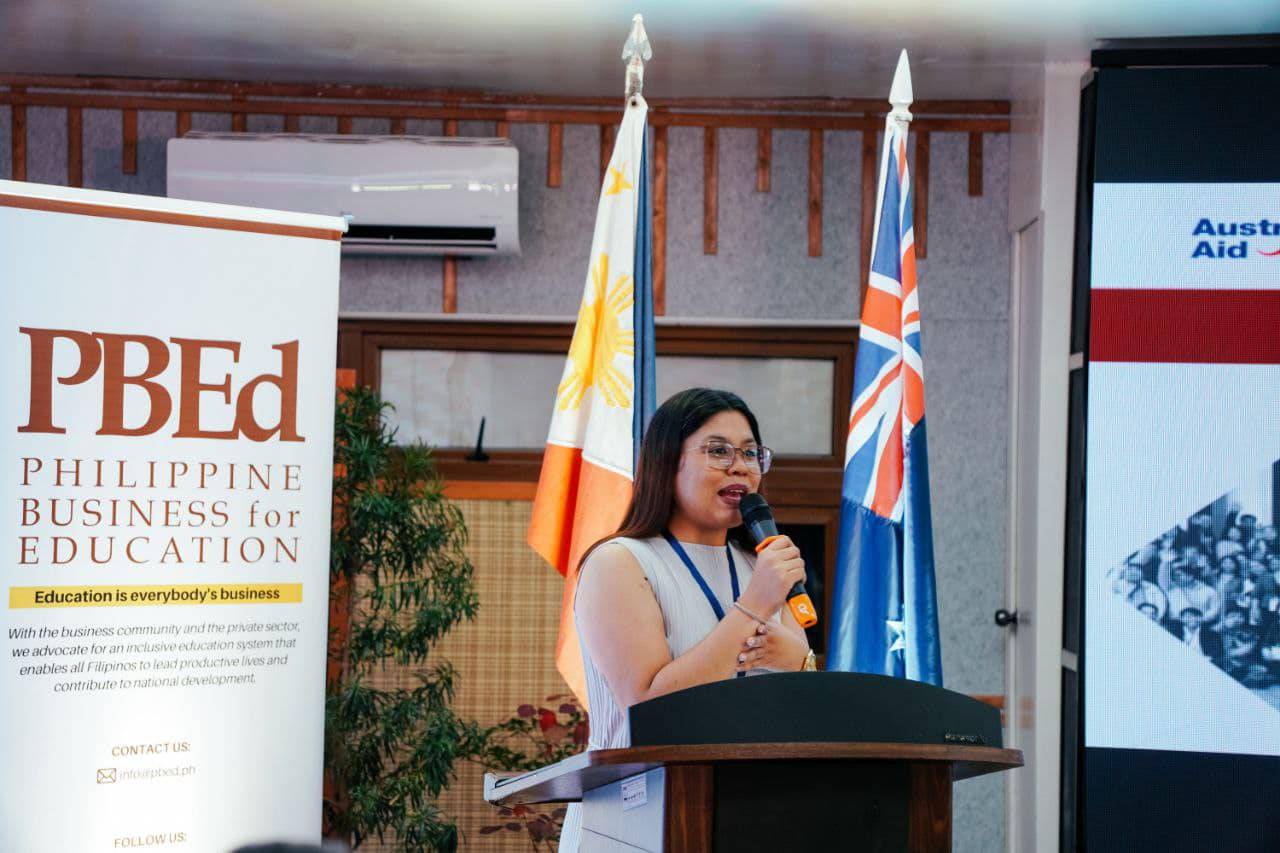
Sounding the alarm on the reading crisis, PBEd cites a 2022 World Bank report which found that nine out of 10 Filipino children aged 10 struggle to read simple texts.
Further, 15-year-old Filipino students were found to be among the lowest performers globally in reading — as well as in math, science and creative thinking — according to the Program for International Student Assessment of the Organization for Economic Co-operation and Development (OECD).
The goal of this three-party campaign is to assist at least 10 million Filipino learners in reading at the appropriate level.
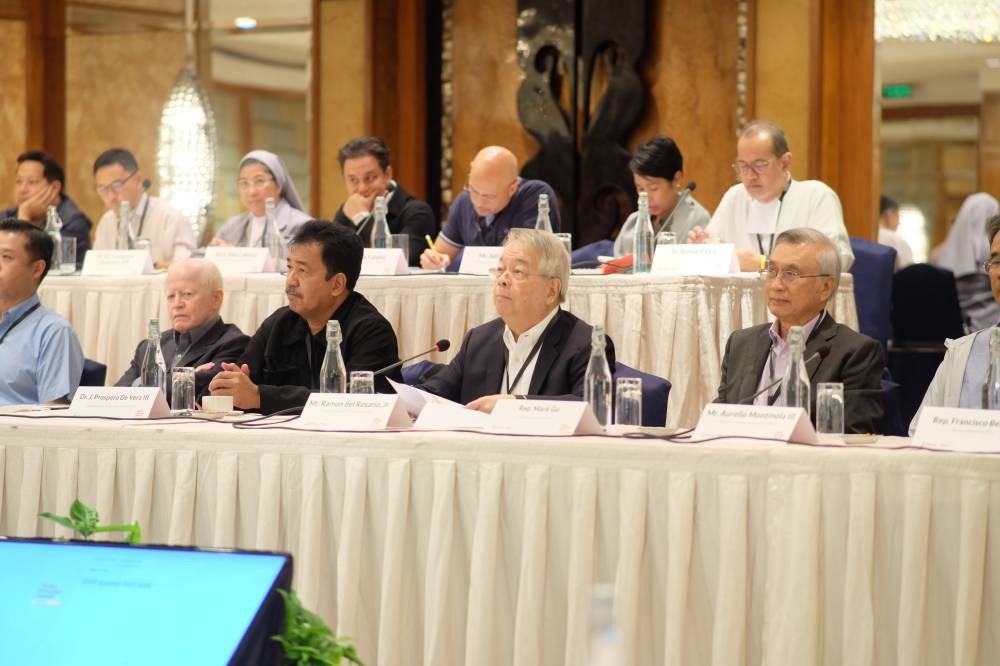
Jobs for senior high school graduates
In July, the PBEd released the results of its commissioned study on the outlook for K-12 graduates as a follow up to their 2018 study on the same subject.
The survey, which polled 299 companies nationwide, suggests a growing openness among employers to hire K-12 graduates.
The report showed that four out of five companies are willing to hire SHS graduates, while two out of five are ready with policies in place to hire them.
PBEd sees this as an improvement from the results of the 2018 study, reasoning that the earlier research showed that only three out of five companies were willing and one out of five were ready to hire SHS graduates.
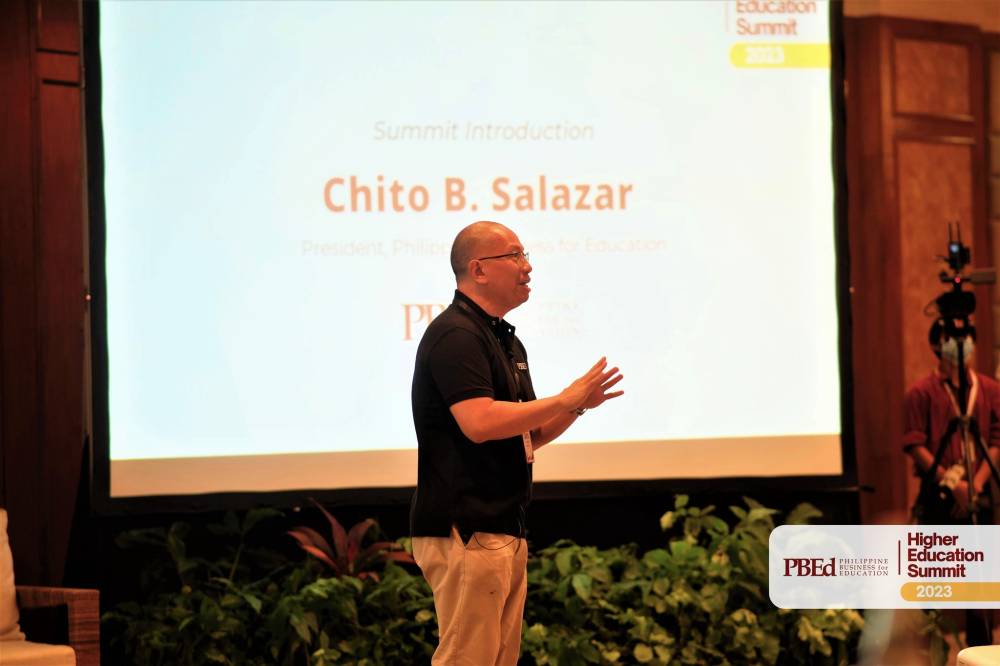
“Things are looking up for (SHS) graduates compared to five years ago, but there’s still much to do. Looking at how the K-12 program is being put into practice, our study confirms what we have been saying all along: the problem with K-12 is not by design, but in its implementation,” PBEd executive director Justine Raagas says about the latest results.
“Many of the companies we surveyed are open to hiring them, showing the program’s potential to produce employable graduates. But what’s missing is the effective implementation,” Raagas adds.
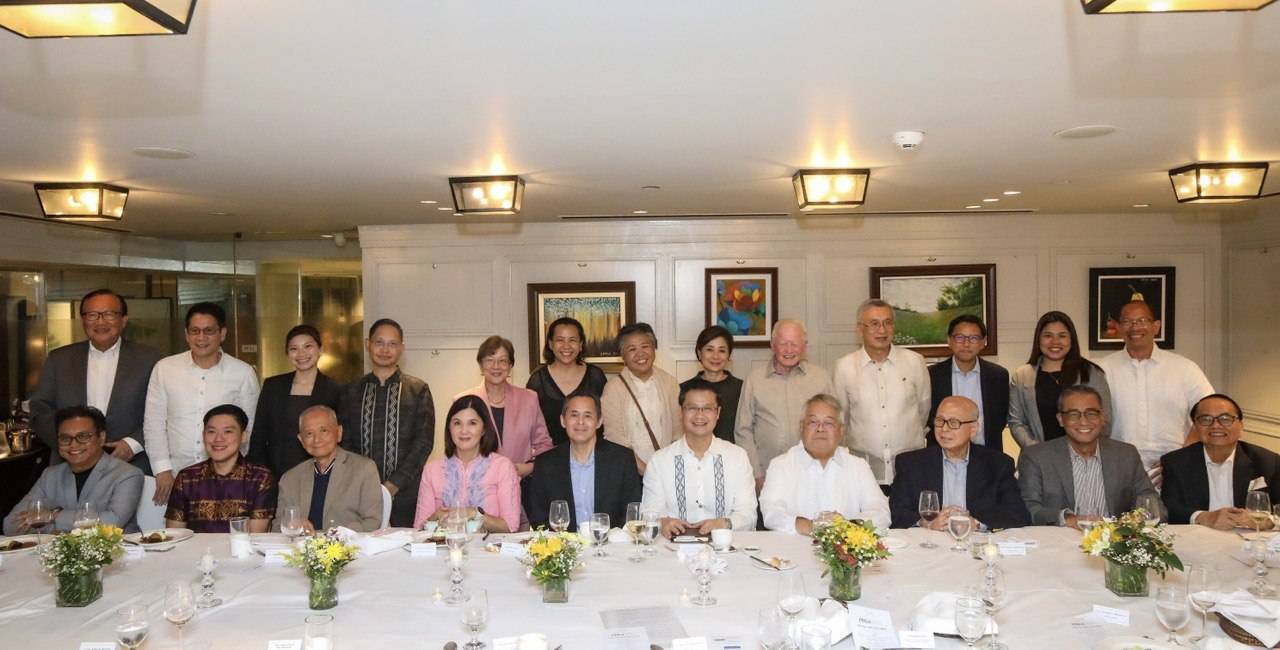
To further improve the situation, PBEd has recommended the continued review of the SHS curriculum to ensure its practical implementation.
The review must also include tailoring competencies to align with industry needs, strengthening work immersion, and providing better career guidance and labor market information, according to PBEd.
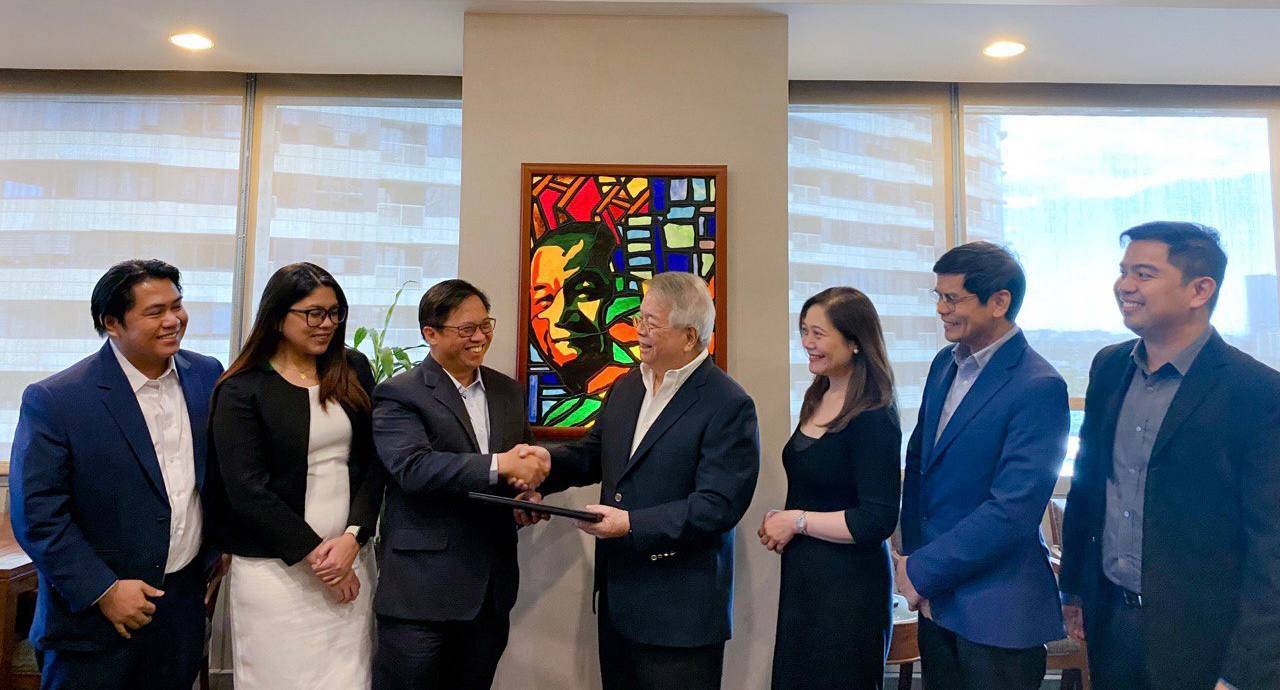
“To make real progress, government, industry, and academic institutions need to work closely together. Greater collaboration and commitment are needed so we can finally make the K-12 promise of employability a reality,” Raagas says.
Support for new tech-voc law
Earlier this month, PBED backed the signing of the Enterprise-Based Education and Training (EBET) Framework Act, recognizing the new law as a significant step toward strengthening and harmonizing training programs in the Philippines.
“The EBET is a game-changer for technical-vocational graduates, offering a seamless path from classroom to real job opportunities. By involving industries directly in skills development, the law ensures learners are job-ready, acquiring exact skills that the industry needs,” Raagas says.
“This strong support from the administration is encouraging, harnessing strong private sector commitment in building better education-to-employment pathways for our graduates,” she adds.
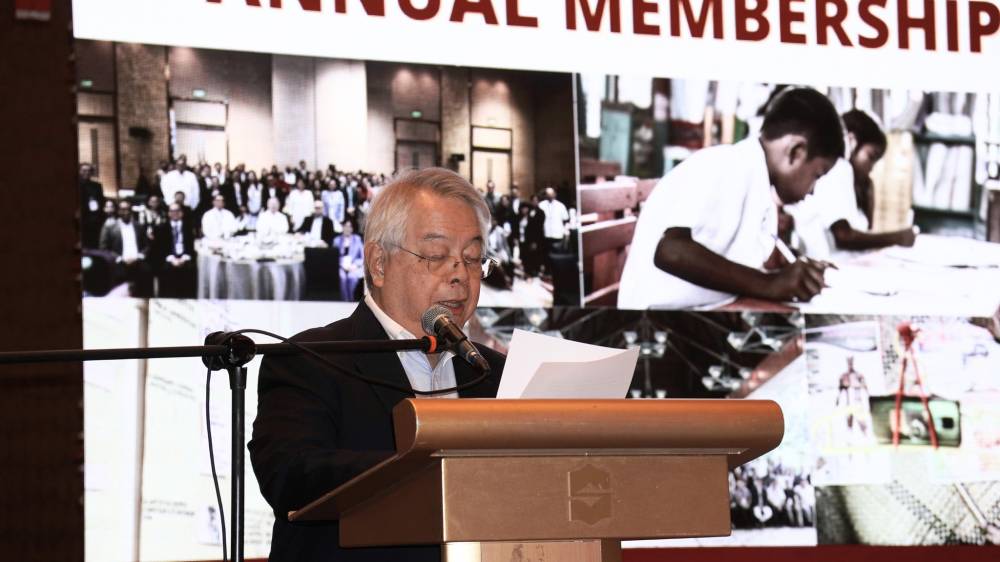
For PBEd, the new law further encourages companies to participate in Technical and Vocational Education and Training (TVET) through incentives, such as tax deductions for training expenses and scholarships for trainees.
In its TVET-related program called “A Future That Works (AFW),” PBEd organizes industry experts it has tapped into sector skills councils (SSCs).
With these SSCs, the project — which is supported by the Australian government — crafts and implements roadmaps for skills, and develops sector focused labor market reports.
PBEd said these reports provide insights on the latest labor market trends, career roadmaps, and vocational training courses, serving as a critical guide for job seekers in terms of their career options in a particular sector.















